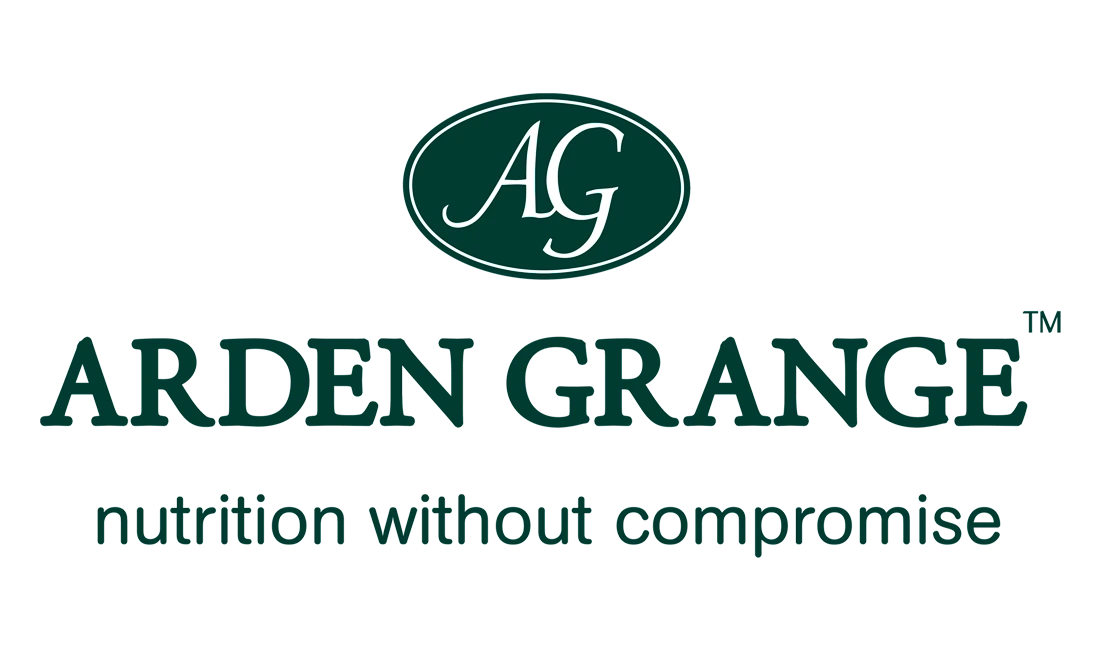Achieve show stopping coat condition
Ever wondered how some of the most successful dogs in the Crufts show ring get that gloss, healthy coat? Follow these 5 simple steps!
Assessment
Ask yourself why your dog’s coat isn’t looking its best. All dogs experience some coat loss or a little ‘scurf’ from time to time but don’t worry, moulting is a natural process making way for new skin cells and hair follicles.
However, if your dog is moulting very heavily and frequently, scratching, licking or nibbling excessively; or if bald or inflamed areas of skin are evident then it is important to seek veterinary advice, and rule out medical problems such as allergies, parasites and metabolic conditions.
Grooming
Increasing grooming time (with appropriate tools for the breed/coat type) is one of the best ways to promote healthy skin and encourage coat growth. If left, dead skin and hair will begin to clog up the pores so removing it will help to stimulate the natural oils and create a nice healthy base for new growth.
Cleansing
Periodically the skin and coat can be fed from the outside with a mild emollient shampoo and conditioner. There are plenty of natural products on the market with conditioning properties. Washing your dog too frequently (unless your vet has recommended otherwise) can cause the natural oils to be stripped from the coat, but bathing in accordance with your breed's requirement is beneficial.
Nutrition
Feed the skin and coat from the inside as well as the outside. For healthy, supple skin and a rich, glossy coat, ensure that your dog is fed an appropriate diet which includes effective levels of supportive
nutrients.
The key nutrients contributing towards a healthy skin and coat are protein and fat. Arden Grange
Prestige
is a popular recipe with the dog show fraternity due to its higher levels. It is also a rich source of vitamins A, C and E, biotin, riboflavin, copper and zinc.
Dogs with dry skin and poor coats can benefit greatly from higher omega-3 fatty acid levels (increasing the intake of DHA and EPA) and this can be achieved by using a commercial diet which includes them at effective levels and at the correct ratio. Sara (pictured) is looking fabulous on the Arden Grange Salmon & Rice which is a great choice due a higher level of omega-3 than standard maintenance diets. The
krill
in the Arden Grange dry range is a fantastic source.
Consider what you can leave out of your dog’s diet! Excluding ingredients that are less nutritionally valuable or those with a higher likelihood of provoking an
allergic
response (e.g. wheat gluten) means less stress on the digestion to process them and less strain on the immune system; allowing the body to function at its optimum level. This efficiency on the inside can lead to visible results in the condition of your dog.
Supplementation
Commercial complete dog foods contain the correct levels of vitamins and minerals your pet needs. Some commercial diets include extra supplements in their formulations to support specific areas.
All Arden Grange diets contain naturally derived vitamins where possible (for optimal bioavailability), chelated organic minerals (chelation is a special process which ensures efficient absorption from the gut and transfer to the target tissues) and yucca extract.
Yucca
has antioxidant properties and may reduce body odour.
If you choose to give separate supplements, care should be taken when adding extras to an already complete and balanced commercial pet food. Take advice from your pet food manufacturer and the manufacturer of your chosen supplement to avoid potential over supplementation which can be harmful.
Be mindful of what you are adding too, as you may defeat the objective of a super-healthy main diet if the extras are laden with calories, additives, poorly digestible ingredients or common dietary allergens.
Note
As a responsible and ethical company, Arden Grange fully appreciates that caution must be taken when discussing the potential benefits of nutritional supplements. It is against the law to make medical claims. Whilst the food, ingredients and supplements discussed are safe and natural, and may be beneficial to some dogs, we must highlight that they are not a substitute for veterinary intervention in the case of a sick animal.


 Puppy
Puppy
 Adult
Adult
 Senior
Senior
 Sensitive
Sensitive
 Treats
Treats Kitten
Kitten
 Adult
Adult
 Senior
Senior
 Trusted British Brand
Trusted British Brand

